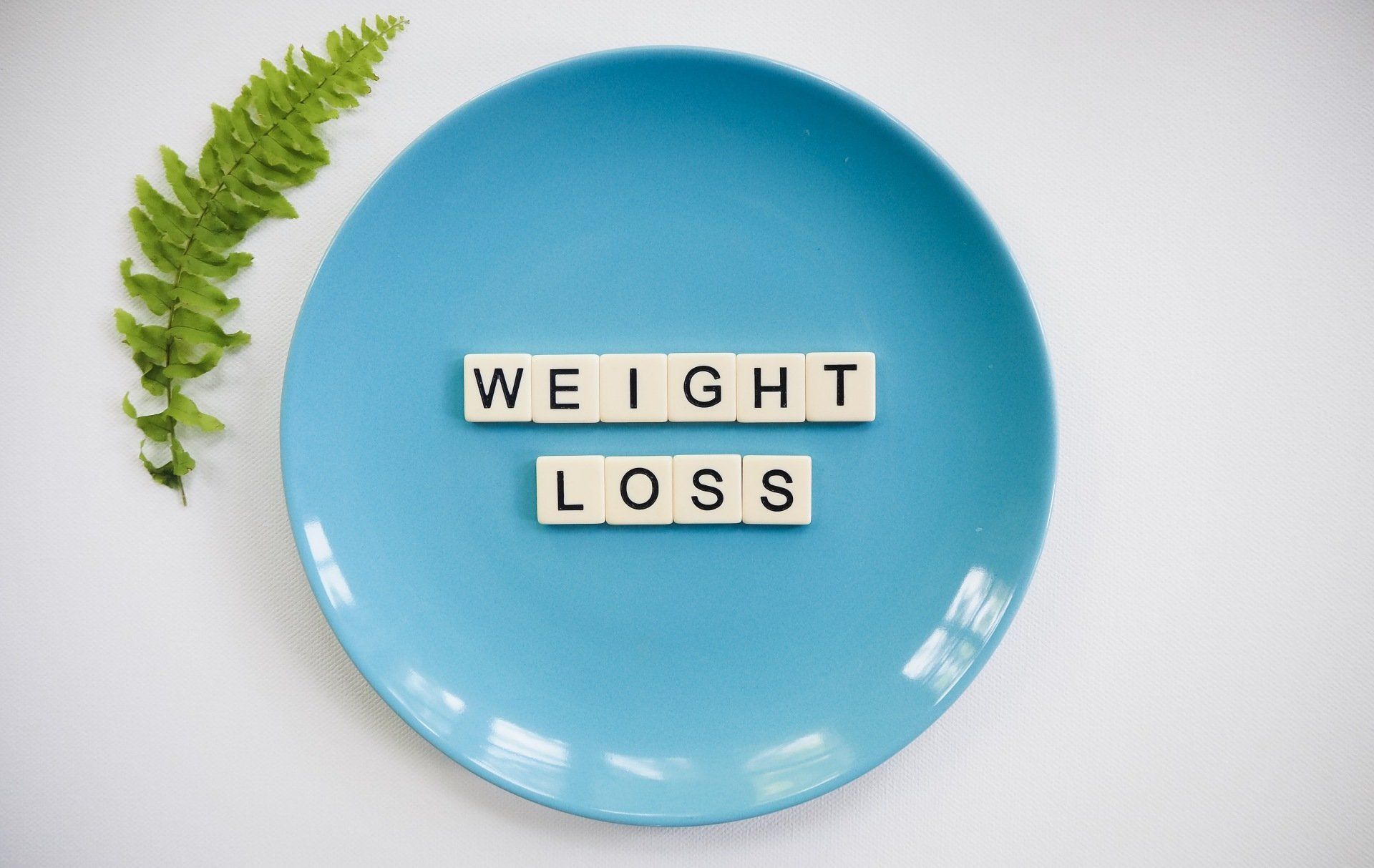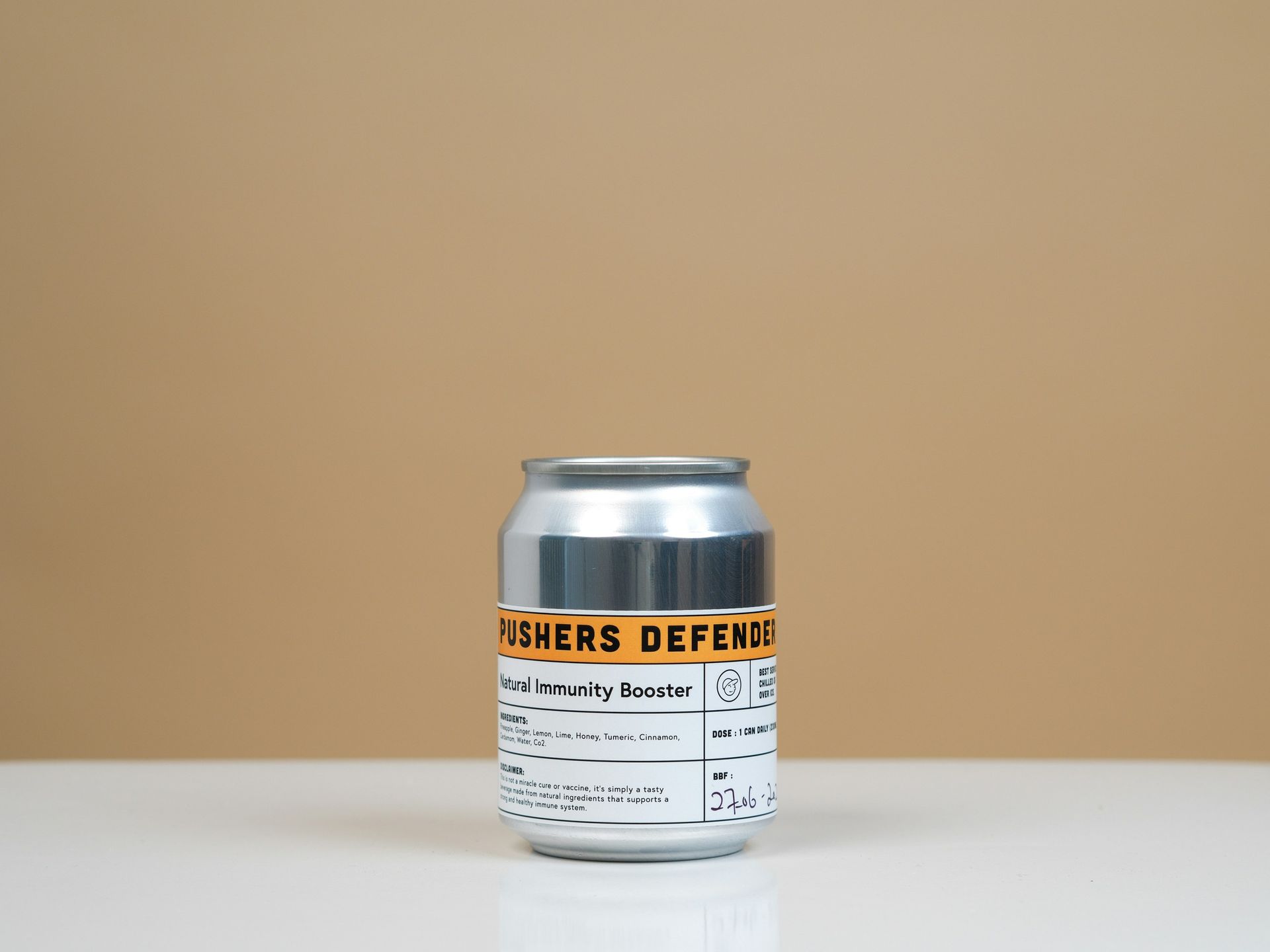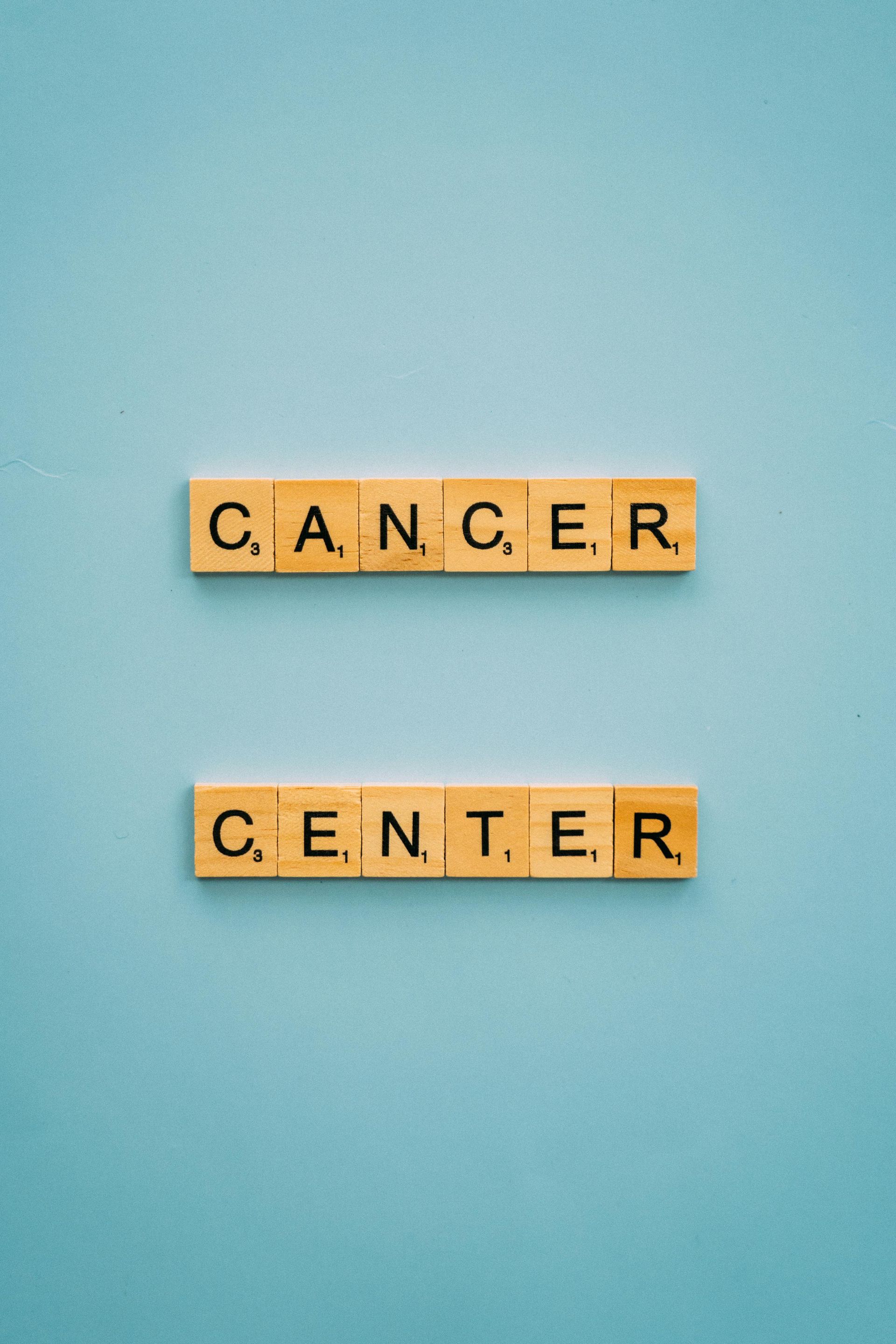Can I have milk while on a Keto Diet?
“Dr. Tan, I really want to lose weight. But this guide that you gave me, the one about the "keto diet”, it says that heavy cream is low in carbs. And it also says that my favorite drink, MILK, is not allowed? I am confused. The cream is low in carbohydrates, and milk has cream, so why is milk not allowed in a keto diet???
My eyes were squinting at the tiny black font on my government issued computer screen, my overwashed and unmanicured fingers struggling to enter yet another encrypted password. I lifted my head and turned my gaze towards the voice.
Mr. Sweettooth (not his real name), was my 190 lb. 65-year-old patient. Diagnosed with stage 4 lung cancer three years ago, he used to weigh much more. After several courses of chemotherapy and targeted radiation, he miraculously went into complete remission. To celebrate, I gave him a copy of my favorite diet.
Ketogenic cancer diet – Just the essentials
"Mr. Sweettooth, I've told you many times before, milk has significant amounts of carbohydrates. Therefore, milk on a keto diet isn't allowed! " He was still holding up his crisp laminated copy of the Modified Atkins (ketogenic) diet for me to see. On the sheet, there were two neat columns. One column listed the permitted ketogenic foods while the other listed the prohibitions. I gently tapped my fingernails on the column of foods to avoid. "Cheer up, Mr. Sweettooth, this first column still has many of your favorite foods - meat, fish, poultry, oils, butter, cheese, and greens. Make sure that when you shop at the grocery, to choose a cheese that is sliceable. Milk and any soft cheeses or cheeses that cannot be sliced should be avoided. We should really avoid milk while on a keto diet because milk has too many carbohydrates (Carbs). It contains “carbs” in the form of lactose, glucose, and galactose. Lactose is a form of sugar, as are glucose and galactose. And of course, sugar and starchy food are obviously prohibited!"
Our session ran out of time quickly. I did not offer him any milk alternatives, but the short talk seemed to satisfy him. "I thank you, Dr. Tan, I will certainly give this some thought.
Regular Milk while on a keto diet
Milk is considered a complete food. It has protein, fat, and carbohydrates. But if ketosis is a goal, milk in your diet will NOT meet your goal of attaining a ketotic state. A single (8 fluid ounce) cup of 100% whole milk has 146 calories and 12.8 grams total carbohydrates. On a ketogenic diet, the total daily carb allowance is only 20 grams, therefore by consuming milk, we are going to reach the limit very quickly.
Low-fat milk is not any better than whole milk. For every cup of 1% low-fat milk, we consume 12.2 grams of carbs.
Non-fat (SKIM) milk is also a disaster at 12.3 grams carbs per cup!
In a low carb (not strict keto) diet, some milk may be permitted, but this will not trigger the body to make ketones. Ketones are our alternative fuel in the absence or lack of carbohydrates.
Almond Milk and Coconut Milk while on a Ketogenic (Keto) Diet
What can we use as a good, tasty milk substitute? Almond milk and coconut milk, both readily available in most grocery stores, are good milk substitutes when trying to follow a ketogenic diet. For someone accustomed to regular cow's milk, the switch to these alternatives may require an acquired taste. Almond milk is made from the ground pulp of the almond nut. Almond milk contains only 60 calories per cup and only 8 grams of total carbs. Coconut milk is also becoming quite popular. It is made from the juice of the grated kernel of the coconut. Compared to regular milk, the carbohydrate count for a cup of unsweetened coconut beverage is quite low (1 gm). Other milk alternatives include rice and soy milk, both easily available. However, these are not as ideal for a keto diet since their carbohydrate content are comparable to that of regular milk (roughly 12-15 gms carbs per 8 fl. oz cup). Heavy cream when added to a beverage, can impart some of the milk-like taste to many low carb/keto beverages.
Keto Chocolate Milk?
Keto chocolate milk?
I've seen many websites and Pinterest posts claiming to have a keto diet-friendly chocolate milk beverage. Keep in mind that unsweetened cocoa powder still has 3.1 gm of carbs and 12 calories per tablespoon. If possible, stay away from the chocolate varieties. Even if you prefer non-dairy drinks, the addition of chocolate will still add a significant amount of carbohydrate content to your diet.
Heavy cream while on a keto diet
We used to avoid heavy cream because of its high-fat content. In the 1970s and 1980s, fat was vilified as a cause of heart disease and obesity. As the years passed, fat was blamed less and when used in a low carb setting, can actually promote weight loss.
Coffee lovers may use heavy cream (this is not the same as whipping cream) as a keto-friendly substitute for milk!
Heavy cream has ZERO grams of carbs per fluid ounce. You can reconstitute this with water to make a low carb “substitute milk”. Heavy cream is not as readily available in city stores. What you will easily find is "whipping cream", which has more carbs. Smaller retail stores, farm shops, or organic food shops are more likely to stock the heavy cream variety. If you have a ketogenic diet cookbook you will see that many of the recipes indeed use heavy cream as part of the keto diet ingredients.
Heavy cream can be also used to make keto-friendly ice cream.
My Experiment with “Keto” Ice Cream
Half and half is another popular coffee creamer. However, it is not a true ketogenic food, since it does contain fifty percent milk and fifty percent cream.
The following table lists many of the milk varieties seen in stores, as well as the non-milk substitutes.
DRINKPORTIONCALORIESCARBS COUNT in GRAMSWhole Milk 3.25 % fat1 cup (8 fl. Oz)14612.8Low Fat Milk 1% fat1 cup (8 fl.Oz)10512.2Reduced Fat Milk 2%1 cup (8 fl. Oz)12212.3Non-Fat Milk1 cup (8 fl. Oz)9112.3Chocolate Low fat 1%1 cup (8 fl. Oz)15826.1Ultrafiltered Whole milk1 cup (8 fl. Oz)1506Ultrafiltered 2% milk1 cup (8 fl. Oz)1206Ultrafiltered 2% chocolate milk1 cup (8 fl. Oz)14013Almond milk1 cup (8 fl. Oz)608Coconut milk raw1 cup (8 fl. Oz)55213So Delicious Dairy Free Unsweetened Coconut Milk Beverage1 cup (8 fl. Oz)501So Delicious Dairy Free ChocolateCoconut Milk Beverage1 cup (8 fl. Oz)10012Rice Dream Enriched, Unsweetened Original Rice Drink1 cup (8 fl. Oz)9015Better Than Milk Original Ready to Drink Soy Milk1 cup (8 fl. Oz)9017Starbucks Chai Latte with Soy milk1 cup (8 fl. Oz)12023.5Starbucks Café Americano1 short 8 fl. Oz81.5Starbucks Hot Chocolate with Whole Milk, no whipped cream1 short 8 fl. Oz16523.5McDonalds McCafe Caramel Frappe, plus whipped cream and caramel drizzleMedium container51072Heavy Whipping Cream1 cup (8 fl. Oz)8207Heavy Cream (not whipping)2 tablespoons (1 Fl Oz)990
Source : calorieking.com
Notice that heavy cream has dense calories, so a teaspoon can go a long way. Adding chocolate to any item can add as much as 4 to 6 grams per spoon. I threw in some examples of calorie and carb-rich items from our favorite Starbucks chain, just for comparison.
Soy milk is also acceptable, but the carb count can add up quickly so be cautious and weigh, count and diet carefully!
Filtered milk apparently has similar calories but had lower carbs than regular milk. I happened to try out a sample of Fairlife Ultrafiltered milk. It comes in plastic opaque bottles. The milk itself tasted very light, almost like skim milk. Despite that, I actually enjoyed it and drank more than I should have. It had enough flavor yet was not too heavy or filling.
So there you have it, some tasty, nutritious alternatives to milk that can easily be obtained from the groceries or online. Feel free to leave comments or questions!






